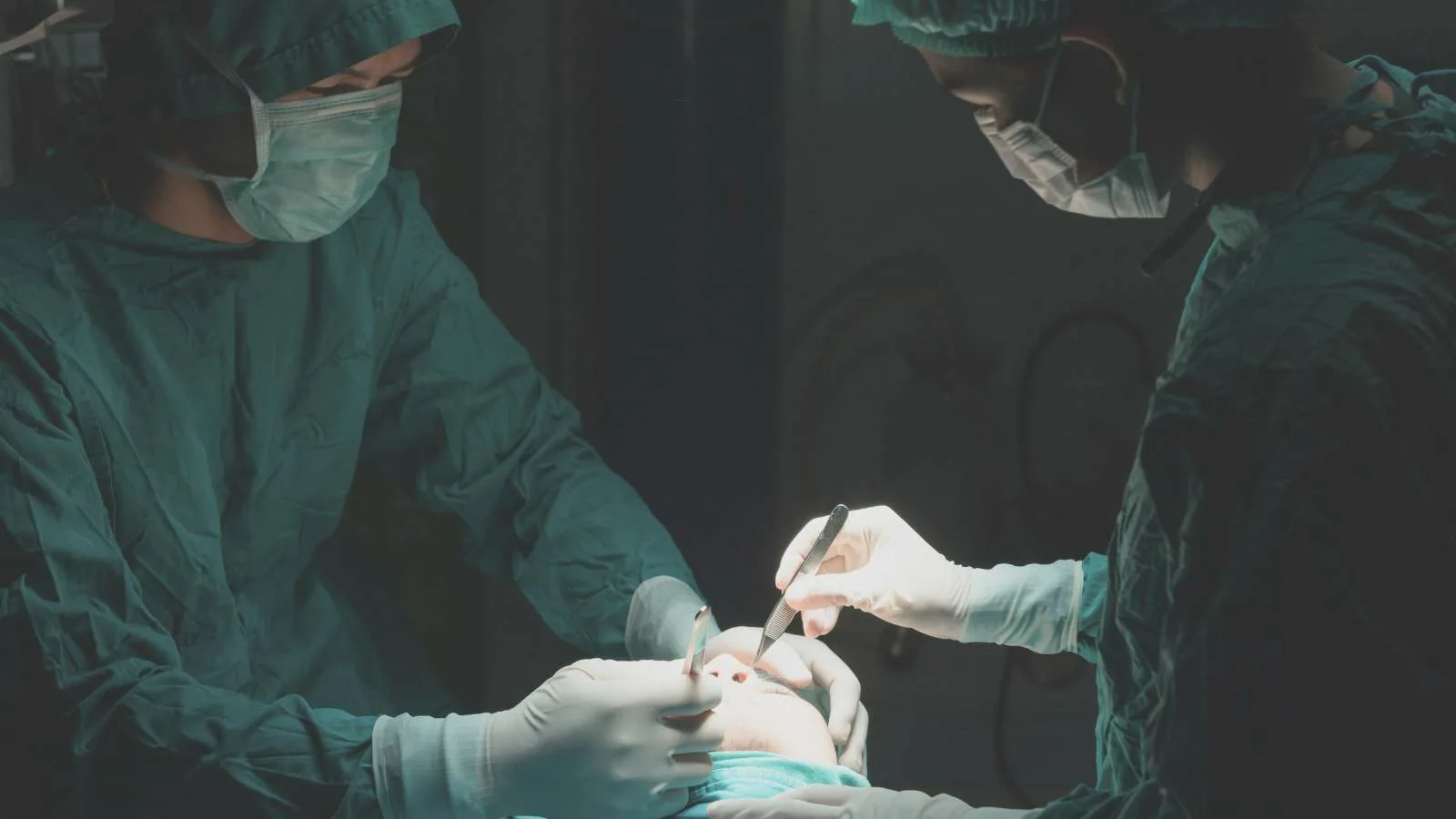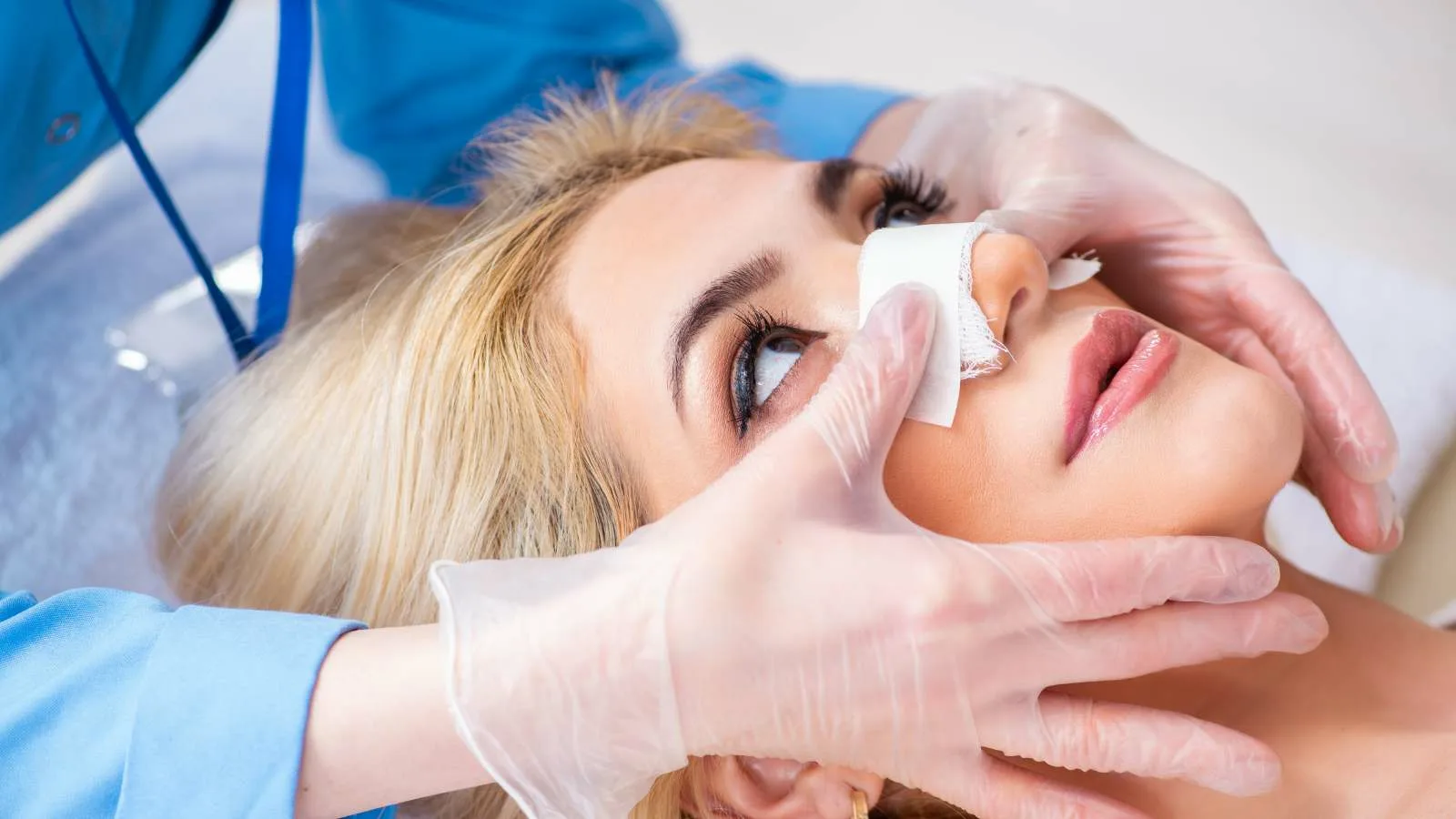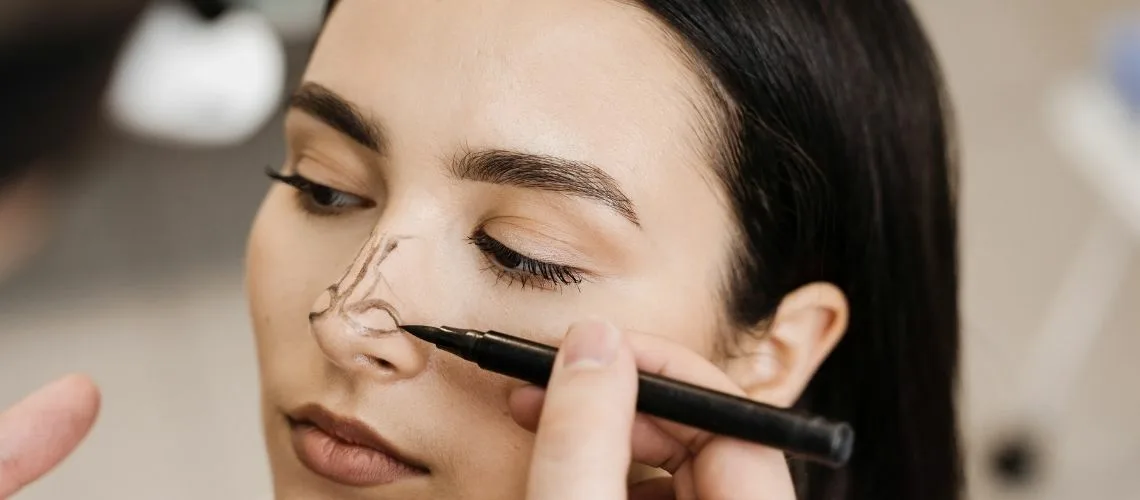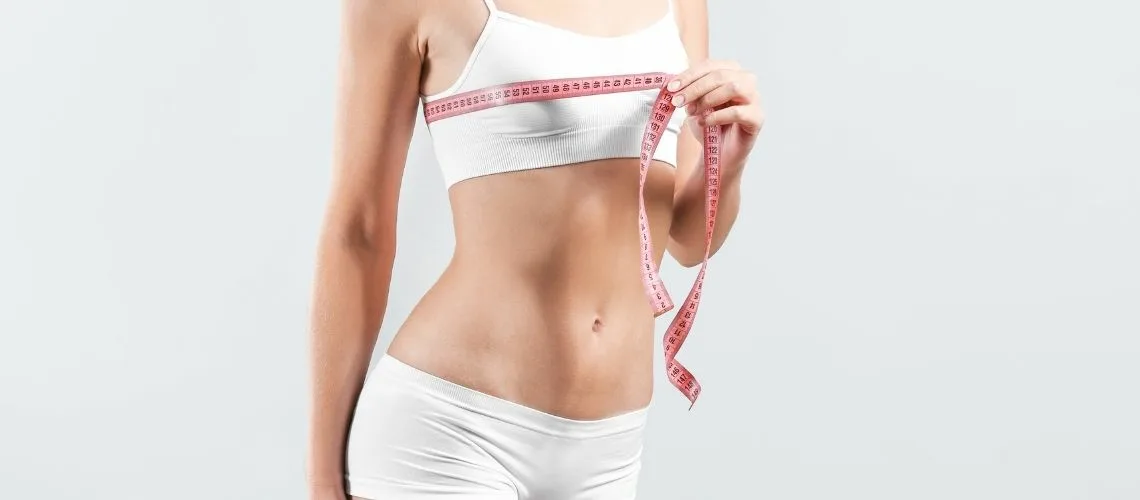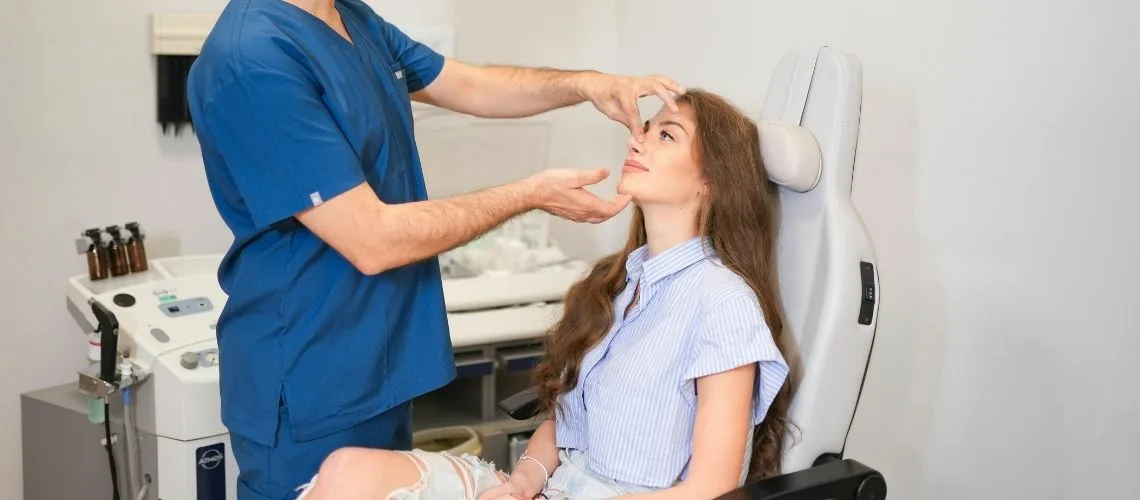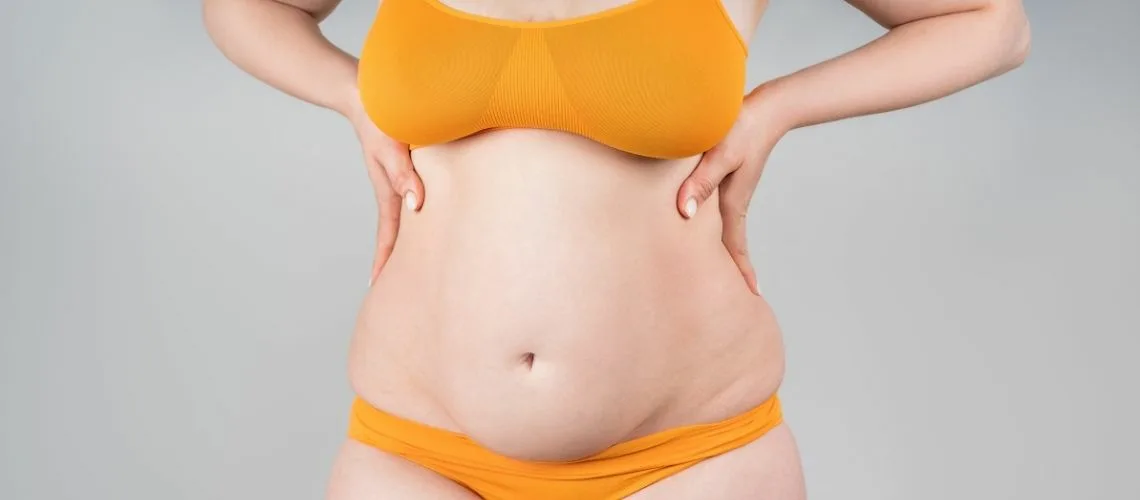The healing process after bichectomy, or cheek thinning surgery, involves a gradual reduction of swelling and adaptation of facial tissues. This minimally invasive procedure removes excess buccal fat pads, resulting in a slimmer and more contoured midface.
Post-operative care after bichectomy includes maintaining proper oral hygiene and following a soft diet to minimize irritation. Patients may experience mild discomfort, swelling, and sensitivity in the cheek area, which typically improve within the first two weeks.
The recovery timeline after buccal fat removal varies individually. Initial swelling subsides within days, but final contouring results may take several months as tissues settle. The outcome provides a more defined facial structure with natural-looking results.
Long-term results of bichectomy depend on lifestyle, weight stability, and facial anatomy. When combined with other aesthetic procedures, the effect can be enhanced. Adhering to medical instructions ensures safe healing and optimal facial definition.
What Will Your Recovery Journey Look Like After Buccal Fat Removal?
You’ve had cheek-slimming surgery. Now your body needs time to adjust and heal, allowing tissue to settle, swelling to fade, and your face to reach the look you envisioned. Patience is key.
What Awaits Me Immediately After Surgery?
Once the procedure is finished you’ll rest briefly in a recovery room. If local anesthesia was used, you’ll feel alert quickly. If you had general anesthesia, waking may take longer and mild grogginess is normal. Either way, the medical team will stay with you until your blood pressure and pulse are stable.
Will There Be Pain After Surgery?
Right after the operation you may feel mild soreness or general discomfort inside the mouth and cheeks. This is usually controlled easily with simple pain medication prescribed by your surgeon. The initial discomfort fades rapidly.
Will I Have Swelling and Bruising in My Cheeks?
Yes—post-operative facial swelling (edema) and, occasionally, bruising are expected. Swelling typically peaks during the first 2–3 days and may temporarily make your cheeks look even fuller. This is entirely normal. Not everyone bruises, or bruising may be minimal.
What Can I Do for Swelling and Bruising?
During the first days apply cold packs or ice wrapped in a towel to the cheeks at surgeon-approved intervals (often 15-20 minutes per hour). Sleeping with your head elevated on extra pillows also helps fluid drain and reduces edema.
What Happens to the Stitches Inside My Mouth?
Because the surgery is performed through the inside of the cheeks, small incisions are closed with dissolving stitches, so they don’t need removal. Light oozing in the first days is normal; persistent or heavy bleeding should be reported to your surgeon immediately.
Can I Go Home the Same Day?
Buccal fat removal is usually an outpatient procedure. After a few hours of observation—and a detailed review of at-home care—you can go home. If you had general anesthesia, arrange for a responsible adult to stay with you during the first 24 hours, and do not drive.
How Does Recovery Progress in the First Few Days?
This is the phase that requires the most care. Swelling and any bruising peak. Continue cold compresses and head elevation. Eat only liquids or puréed foods: warm soups, yogurt, smoothies. Rest as much as possible.
What Should I Expect at the End of Week 1?
From day 4 onward swelling slowly decreases; bruises, if any, fade. Discomfort is greatly reduced. With your surgeon’s approval you may start soft foods. Many people return to desk work by the end of week 1, but avoid strenuous exercise or heavy lifting. Keep up meticulous oral hygiene.
What Changes Occur Between Weeks 2 and 4?
Swelling and bruising visibly subside. You feel much better. Resume a normal diet gradually, but consult your surgeon before restarting vigorous exercise. Facial slimming becomes noticeable, though final results are not yet visible.
When Will I See the Full Results?
Between 1 and 3 months post-op, as swelling continues to decline, your refined cheek contours become clearer. Any initial tightness or numbness typically disappears during this phase.
How Long Does Complete Recovery Take?
Around 3–6 months most healing is complete and the final aesthetic result is apparent. Residual edema is gone and facial shape is stable. Your surgeon will schedule a final follow-up at this stage.
Is Numbness in My Cheeks Normal?
Yes—temporary numbness, tingling, or reduced sensation inside the mouth or on the outer cheeks is common and usually resolves within weeks or months. Permanent loss of sensation is very rare.
Will I Feel Tightness in My Face?
As tissues heal a mild sense of tightness is possible and generally temporary. Rarely, swelling or spasm in the jaw muscles can make opening the mouth difficult for a short time; this usually improves on its own.
What Should I Eat After Surgery?
Nutrition supports recovery. In the first days stick to liquids or purées (soups, yogurt, smoothies). With your surgeon’s OK, move to soft foods during the following weeks (well-cooked vegetables, pasta, soft fruits). Drink plenty of water. Foods rich in vitamin C, zinc, and protein aid healing.
Which Foods Should I Avoid While Healing?
During the first weeks avoid hot foods and drinks; hard, crunchy, sharp-edged items (chips, nuts, crusty bread); spicy or acidic foods; straws; very salty or sugary foods. Small-particle foods can lodge in stitches and are best avoided.
How Do I Care for My Mouth?
Keeping the mouth clean prevents infection. Rinse gently after meals with your surgeon’s prescribed antiseptic mouthwash or warm salt water (1 tsp salt in 1 cup water). Brush teeth with a soft brush, taking care around stitch lines. Do not probe stitches with tongue or fingers.
What Else Should I Keep in Mind During Recovery?
Give your body time to rest—especially the first days. Elevate your head on extra pillows while lying down to minimize swelling. Sleeping on your back is usually best. Take prescribed pain relievers and antibiotics exactly as directed.
When Can I Start Exercising Again?
Refrain from strenuous exercise, heavy lifting, straining, bending forward, and contact sports for at least the first 2–4 weeks (follow your surgeon’s advice). Gentle walks are often encouraged after the first week. Always ask your surgeon before resuming your usual workout routine.
When May I Bathe?
You can usually shower soon after surgery, but in the first days avoid direct water spray on the face or very hot water. Try not to soak the intra-oral stitch area. Follow your surgeon’s instructions.
When Is Sexual Activity Safe?
Because sexual activity can raise blood pressure, it is wise to postpone it during the initial healing phase (often 1–2 weeks or as your surgeon advises) to avoid bleeding or swelling. Always follow your surgeon’s guidance.
What If I Feel Itching During Recovery?
Mild itching may occur as tissues heal or if the skin is dry. Do not scratch or probe the area, particularly the stitches. If itching is bothersome or accompanied by redness, consult your surgeon.
Do Smoking and Alcohol Affect Healing?
Absolutely. Smoking slows blood flow and impairs wound healing, increasing infection risk. Stop smoking before surgery and throughout recovery (at least 2–4 weeks or as your surgeon instructs). Alcohol can raise bleeding risk and worsen swelling—avoid it in early recovery.
Why Are Follow-Up Visits Important?
Attending scheduled checks lets your surgeon monitor healing, catch problems early, and answer questions.
When Should I Call My Surgeon?
Contact your surgeon immediately if you experience:
- Persistent or heavy bleeding from the mouth.
- Severe pain not relieved by medications, or increasing pain.
- Fever above 38 °C (100.4 °F).
- Signs of infection such as growing redness, heat, or foul discharge.
- Unexpectedly increasing or one-sided excessive swelling.
Overall Tips for a Smooth Recovery
Be patient; follow all of your surgeon’s instructions; maintain good nutrition and oral hygiene; limit physical activity; rest adequately; avoid smoking and alcohol; and stay in close communication with your surgeon. Everyone heals at a different pace—give your body time and follow each precaution for the best result.
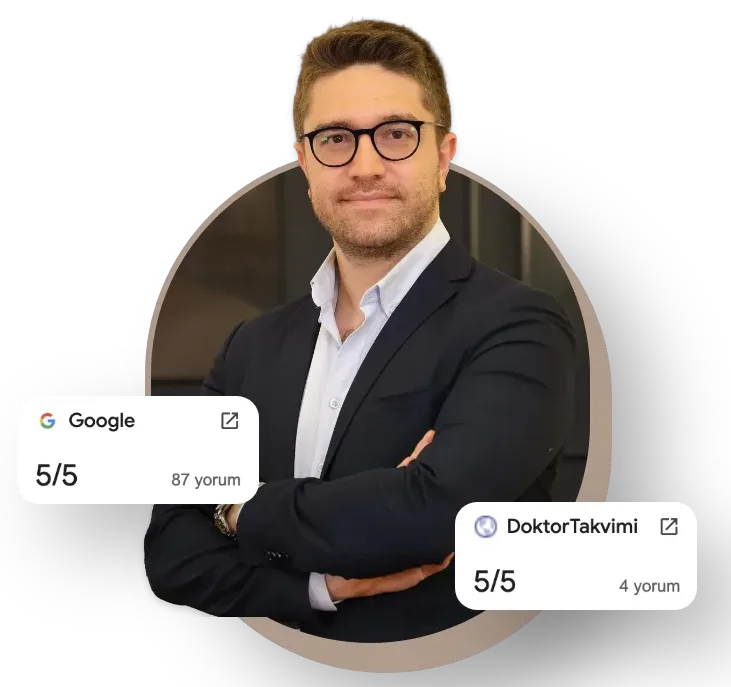
Op. Dr. Erman Ak is an internationally experienced specialist known for facial, breast, and body contouring surgeries in the field of aesthetic surgery. With his natural result–oriented surgical philosophy, modern techniques, and artistic vision, he is among the leading names in aesthetic surgery in Türkiye. A graduate of Hacettepe University Faculty of Medicine, Dr. Ak completed his residency at the Istanbul University Çapa Faculty of Medicine, Department of Plastic, Reconstructive and Aesthetic Surgery.
During his training, he received advanced microsurgery education from Prof. Dr. Fu Chan Wei at the Taiwan Chang Gung Memorial Hospital and was awarded the European Aesthetic Plastic Surgery Qualification by the European Board of Plastic Surgery (EBOPRAS). He also conducted advanced studies on facial and breast aesthetics as an ISAPS fellow at the Villa Bella Clinic (Italy) with Prof. Dr. Giovanni and Chiara Botti.
Op. Dr. Erman Ak approaches aesthetic surgery as a personalized art, tailoring each patient’s treatment according to facial proportions, skin structure, and natural aesthetic harmony. His expertise includes deep-plane face and neck lift, lip lift, buccal fat removal (bichectomy), breast augmentation and lifting, abdominoplasty, liposuction, BBL, and mommy makeover. He currently provides safe, natural, and holistic aesthetic treatments using modern techniques in his private clinic in Istanbul.



